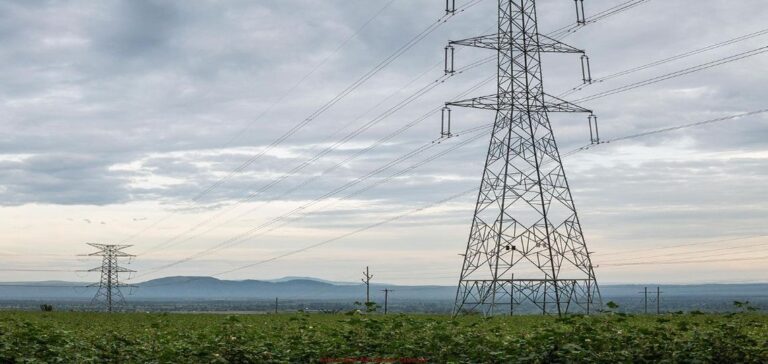The Chairman and CEO of the Algerian group Sonelgaz, Mourad Adjal, recently confirmed his company’s readiness to collaborate with Burkina Faso’s national electricity company (Sonabel). This announcement is part of an approach aimed at supporting Burkina Faso’s energy projects, notably through improvements in electricity transmission and distribution infrastructures. This cooperation could include technical and administrative training, utilizing the specialized schools operated by the Algerian group. Sonabel’s CEO, Souleymane Ouédraogo, plans to send a delegation shortly to formalize the precise terms of this partnership.
Expansion of Algeria’s energy strategy
Sonelgaz’s interest in Burkina Faso is part of a broader strategy by Algeria to actively expand its operations across the African continent. Beyond Burkina Faso, the Algerian group recently established similar collaborations with countries such as Niger and Ethiopia. These partnerships aim to enhance local electrical networks while positioning Sonelgaz as an essential player in Africa’s energy infrastructure sector. This regional expansion aligns with an economic dynamic whereby Algerian companies seek to diversify their international markets.
Concrete objectives of the partnership with Sonabel
The proposed partnership could enable Sonabel to increase its electricity production capacities, which are currently insufficient to fully cover the country’s growing energy needs. According to the preliminary terms of the project, Sonelgaz would provide technical assistance, including improvements in network management and infrastructure. Emphasis would also be placed on developing reliable electrical networks to significantly increase Burkina Faso’s electricity coverage rate. Expertise sharing would notably focus on electrical engineering technologies and network management in contexts of rapidly growing energy demand.
Potential and challenges of regional cooperation
This initiative between Sonelgaz and Sonabel reflects a growing trend toward bilateral cooperation in sub-Saharan Africa around electrical infrastructure projects. Developing countries facing difficulties in accessing regular energy supply frequently seek support from nations with proven technical skills. Such alliances are encouraged by African governments aiming to stimulate their economic growth through significant improvements in energy access. For Sonelgaz, it also represents a strategic opportunity to expand its international presence and reaffirm its role as a major player in the continental energy sector.






















